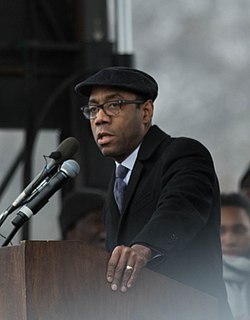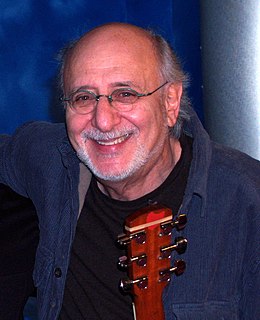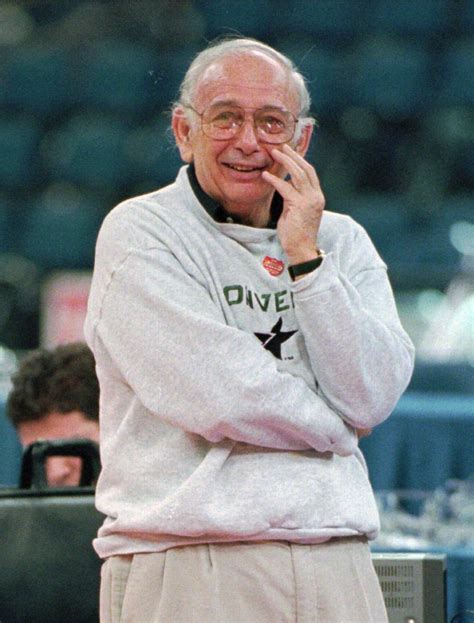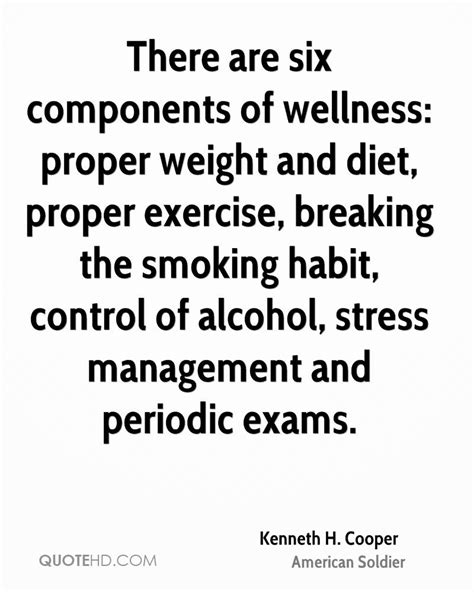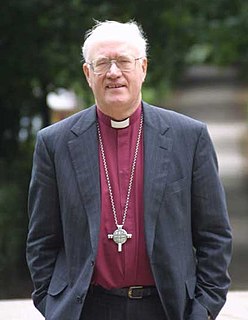A Quote by Will Hutton
24.9 percent of American children live in poverty, while the proportions in Germany, France and Italy are 8.6, 7.4 and 10.5 percent. And once born on the wrong side of the tracks, Americans are more likely to stay there than their counterparts in Europe. Those born to better-off families are more likely to stay better off. America is developing an aristocracy of the rich and a serfdom of the poor - the inevitable result of a twenty-year erosion of its social contract.
Quote Topics
America
American
Aristocracy
Better
Better Off
Born
Children
Contract
Counterparts
Developing
Erosion
Europe
Families
France
Germany
Inevitable
Italy
Likely
Live
More
Off
Once
Percent
Poor
Poverty
Proportions
Result
Rich
Side
Social
Social Contract
Stay
Than
Those
Tracks
Twenty
While
Wrong
Wrong Side
Year
Related Quotes
Politicians like to talk about the income tax when they talk about overtaxing the rich, but the income tax is just one part of the total tax system. There are sales taxes, Medicare taxes, social security taxes, unemployment taxes, gasoline taxes, excise taxes - and when you add up all of those taxes [many of which are quite regressive], and then you look at how they affect the rich and the poor, you essentially end up with a system in which the best off 20 percent of Americans pay one percentage point more of their income than the worst off 20 percent of Americans.
Education spurs growth and unlocks potential. After all, a single year of primary education creates a 10 to 20 percent increase in a woman's wages later in life. Education lowers the risk of disease and decreases the likelihood that a child will fall into violence and crime. And a child born to a literate mother is 50 percent more likely to survive past age five. No country has achieved sustained growth without at least 40 percent literacy for its adults.
I can't help but react to the painful realities of the two-tiered society we live in, where the signs of poverty and inequity are everywhere. Almost twenty five percent of our children live at or below the poverty line. We expect the no-option life cycle of the poor to be interrupted by the weak social safety net and then wonder why building more jails doesn't solve the problems.
One of the most durable successes of the war on poverty was to dramatically reduce the number of elderly poor in America. That's still true today. But, by contrast, child poverty has shot up over the last few years: A decade ago, about 16 percent of children in America were poor - which is a shockingly high percentage. But it's not as shocking as today, when we see that 22 percent of kids live in poverty.
In comparative terms, there's no poverty in America by a long shot. Heritage Foundation political scientist Robert Rector has worked up figures showing that when the official U.S. measure of poverty was developed in 1963, a poor American family had an income twenty-nine times greater than the average per capita income in the rest of the world. An individual American could make more money than 93 percent of the other people on the planet and still be considered poor.
The Hispanic population grew by 4.7 percent last year, while blacks expanded by 1.5 percent and whites by a paltry 0.3 percent. Hispanics cast 6 percent of the vote in 1990 and 12 percent in 2000. If their numbers expand at the current pace, they will be up to 18 percent in 2010 and 24 percent in 2020. With one-third of Hispanics voting Republican, they are the jump ball in American politics. As this vote goes, so goes the future.
A child born in a wealthy country is likely to consume, waste, and pollute more in his lifetime than 50 children born in developing nations. Our energy-burning lifestyles are pushing our planet to the point of no return. It is dawning on us at last that the life of our world is as vulnerable as the children we raise.


